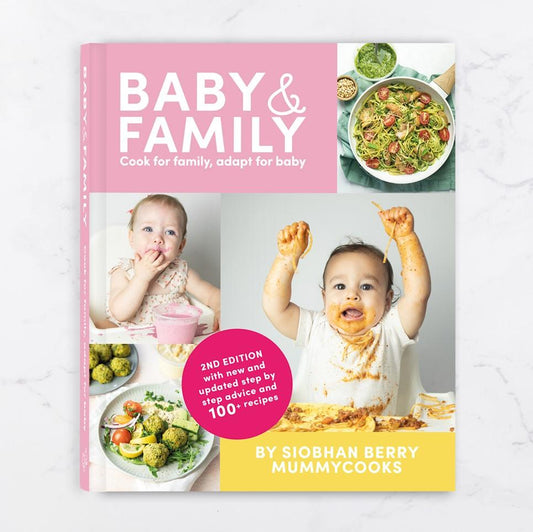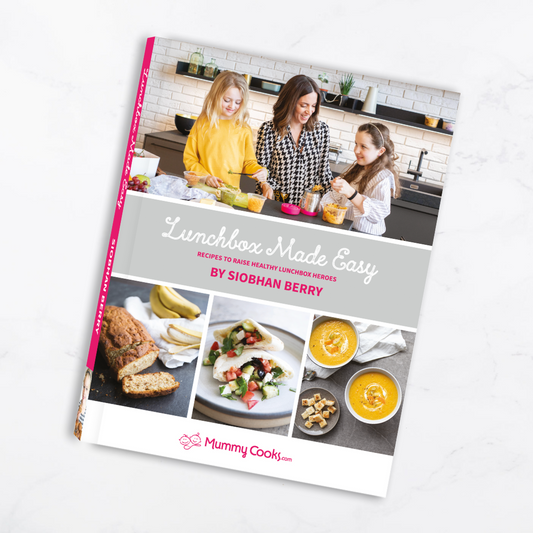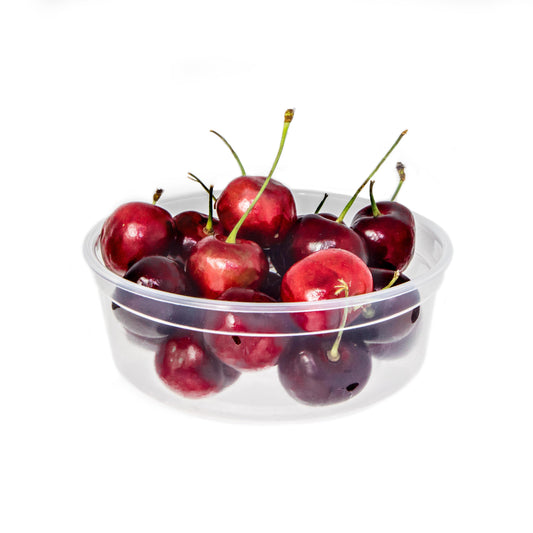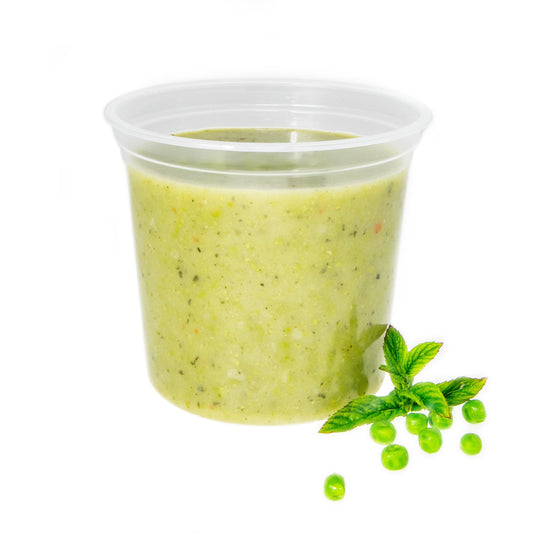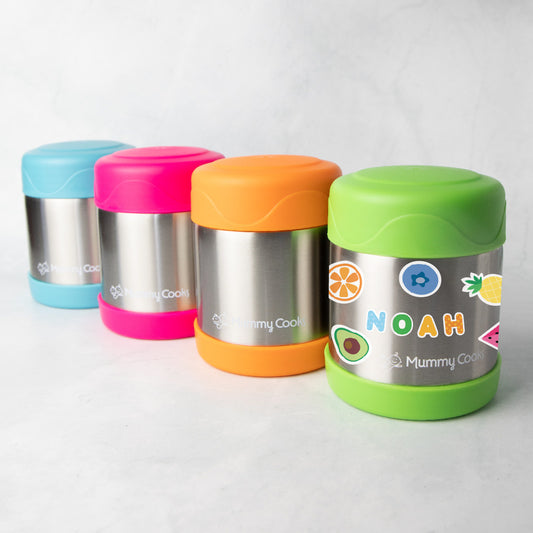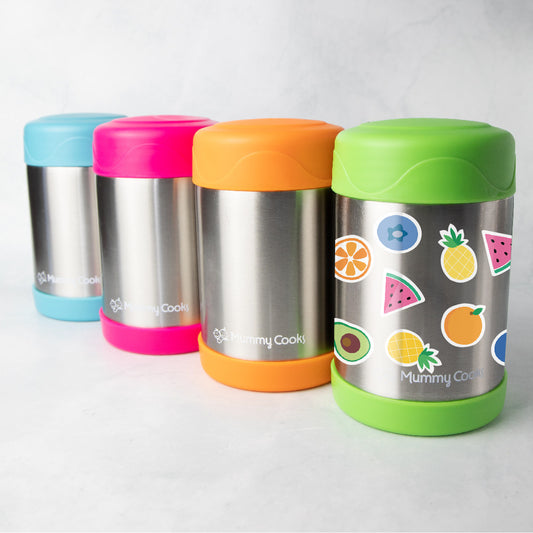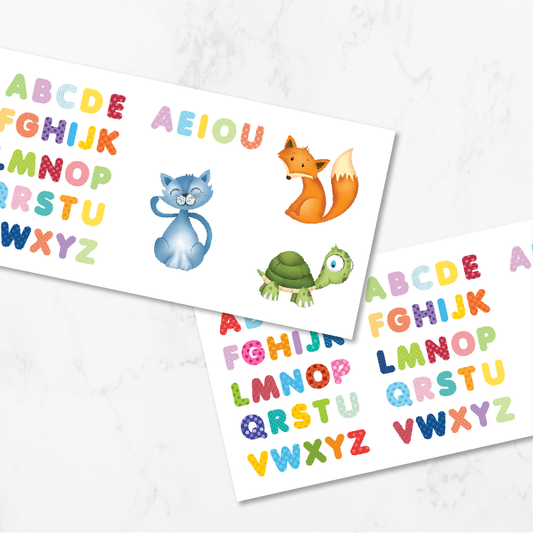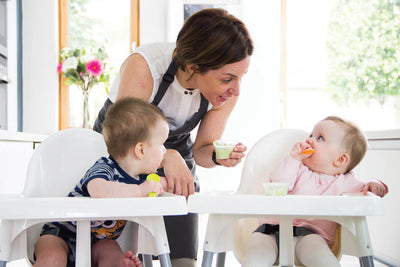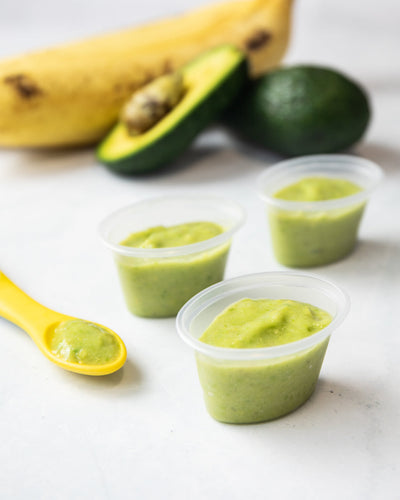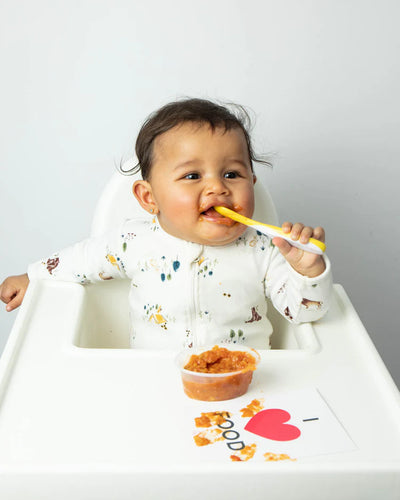Feeding your baby nutritious food can be one of the greatest gifts you can give. Many acclaimed studies show that what babies eat in their first year can profoundly affect their growth, development and overall health - not just now, but forever. Moreover, if you start your baby off eating a healthy, varied diet, you can influence their food preferences and taste buds. You will foster open-mindedness in your baby about trying different foods and most importantly, they will be much more likely to try to eat healthy foods by choice throughout their life. At Mummy Cooks, we want to inspire, educate and empower parents to cook healthy homemade food for their children.
The following Steps will help you develop a good eater in the first year:
Offer a wide variety of foods
Introducing new tastes and textures all the way through the weaning process teaches your child to eat a good range of foods, making it easier to achieve a nutritionally balanced diet. By offering foods over and over again – even if it goes on the floor - sends the message that these are things which are good to eat, and not in any way frightening. Try some of our tasty recipes like this Coconut Chicken Curry perfect to batch cook and freeze in a Double Child Portion Pot.

Don’t delay introducing ‘lumpy’ foods
It is important to move quite rapidly from smooth puréed foods to mashed foods. Aim to do this by about 7 ½ months. Include grains like couscous and rice with soft mashed vegetables to add texture to your baby’s food. Even if your baby does not have any teeth, they should be able to manage soft mashed foods quite efficiently. Delaying the introduction of lumpy food may lead to problems accepting textured food later on. This Vegetarian Cottage Pie is a fun family meal your weaning baby will love.

Introduce finger food from six months
Eating finger foods is good for a child’s development as they learn how to pick up food, get it into their mouth and chew it. By allowing a baby to control what goes into their own mouth can actually make choking less likely. Try to offer finger food at least once a day when you start weaning – other than offering rusks or baby biscuits aim to offer soft raw foods like avocado or banana, or soft cooked foods like sweet potato or butternut squash. If you want to feed baby biscuits, make some sugar and salt free Baby Biscotti for a great baby led weaning finger food.

Let them get messy!
Your baby will probably make quite a mess, but this is all an important part of the learning process. Try not to rush in with wipes to get every little mess your baby makes when experimenting with their food. Babies who are able to freely explore textures and make a mess with food are less likely to have an aversion to different textures of food and trying new foods as they grow. Give your child every opportunity to explore their food with their hands.
Make sure the setting is right.
It is important to place yourself so that your baby can look straight ahead at you while you are spoon-feeding. Allow your baby to hold a spoon while you are spoon-feeding them and place the bowl of food in front of baby. This gives baby some control and they will learn to feed themselves quicker if you allowed. Offer your baby from 6 months a beaker of water. They will soon learn how to use it and it will make the transition from bottle to beaker easier.
Don’t offer alternatives if food is refused
Choose what it is they are going to eat, and let your child decide how much they want to eat. Do not cook separate meals if you want to have a child who’s not a fussy eater! Do a weekly meal plan that includes a healthy and varied diet for your baby or child, and stick to it.
Look at milk intake
If you are formula feeding, calculate the amount of milk your baby needs for a 24-hour period in accordance to her weight and age, and do not exceed that daily amount. If a baby fills up on milk, they will not have the appetite to eat solid foods. Avoid giving your baby a bottle of milk just before a meal, and avoid giving them a bottle of milk as a substitute if they have not eaten. If you are breastfeeding it is important not to let them snack all day as they will not build an appetite up for food.
Eat together as a family
Finally try to eat together as a family. If your baby has eaten give them some finger food but always allow baby to join in at mealtimes. For toddlers and older children make sure you are all eating the same meal. By sitting and eating a healthy meal with your children you are being a good role model, and demonstrating that food is good. Eating together as a family makes mealtime into a bonding social activity. Our wide range of family meal recipes are perfect to add variety to your child's diet, and can be easily adapted for your weaning baby too!
Check out our Fussy Eating Advice page for lots of advice on how to make mealtimes more enjoyable for both you and your toddler. You'll find breakfast ideas, tips on developing your toddler's utensil skills, and information on suitable drinks for babies and children, and lot’s more


